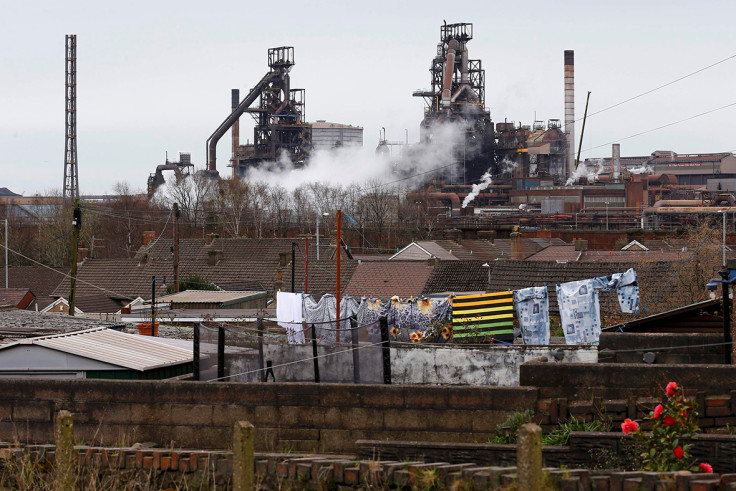Tata Steel's Port Talbot chief to launch management buyout of troubled plant

Unions representing workers employed in the steel industry have welcomed reports that one of Tata's most senior managers may lead a rescue package to buy out the Port Talbot steelworks. Stuart Wilkie, Tata's executive responsible for Port Talbot, is said to be behind the bid and an announcement is expected on 20 April.
Wilkie had led the previous "turnaround plan" presented to Tata bosses in India which was rejected by the board, leading to a crisis where the company was put up for sale. It is thought that under the terms of the rescue plan, Wilkie would attempt to attract private investors as well as cash from Tata to the tune of £100m (€126.7m, $144m). Over two years the annual losses of £200m would be halved. It is unclear how the new rescue package differs from the one which was rejected the last time.
The government was severely criticised for its handling of the affair, in particular business secretary Sajid Javid who went to Australia on holiday as the crisis broke. The government was asked to use tax-payers' cash to protect the plant but at first refused to do so, insisting it would help find a private investor. However Javid then appeared to make a U-turn, hinting that the government may "co-invest" in the plant - while adding that "nationalisation is rarely the answer."
Port Talbot has struggled due to a combination of factors, including the UK's comparatively high energy costs, a global surplus and cheap Chinese imports. Thousands of workers are threatened with unemployment if the plant closes. A spokesperson for the steel union Community told the BBC it would welcome "prompt discussions with Stuart Wilkie and any management buyout option".
Mark Turner, from Unite, who works at Port Talbot, said: "At this moment in time, we know as much as anybody else. We will be going to work tomorrow to find out what this means for everybody. Anything is a lifeline at this stage. We will continue to explore any offers that are put in front of us. We want the business to remain as a complete unit and not to be split up."
© Copyright IBTimes 2024. All rights reserved.






